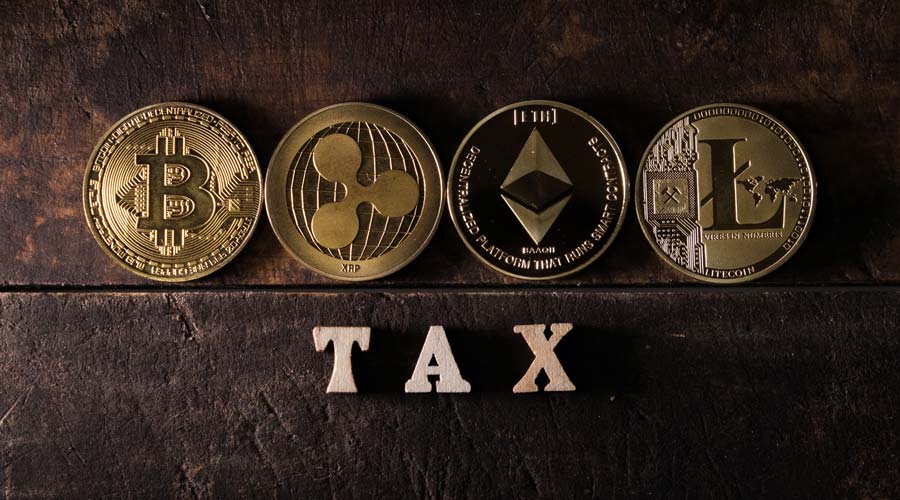The back-to-back lockdowns over the last one-and-a half years have made people realise the importance of having a passive income source. Indians tried many ways to generate good money in search of a good passive income source. Some started their own business from home and some started investing in IPOs and real estate.
However, a lot of people choose to invest in cryptocurrencies. According to a report, a growth of over 10 million crypto investors has been reported in India in 2021.
The hesitation and dissatisfaction with the cryptocurrency culture in India is declining at a steady pace. People are finding great opportunity to make good RoI with it.
However, even after an enormous growth in the number of cryptocurrency traders and investors, people are worried about taxation on cryptocurrency in India. They are worried about its future here.
In this article we are going to talk about the tax implications on cryptocurrency in India.
Taxability issues
The Reserve Bank of India (RBI) has not yet granted bitcoin or any other cryptocurrency the status of legal tender in India. Hence, there are no clear rules or guidelines defining the taxability of cryptocurrencies, which calls for specific clarification from the income tax (I-T) department.
However, it is not a good idea to skip paying taxes on profits from the sale of cryptocurrencies. All income except the explicitly exempted income is liable to income tax. This means that investors will be liable to pay taxes on cryptocurrency investments.
Nature of investment
In regular income tax parlance, the taxation on cryptocurrencies should depend on the nature of investment, whether it is held in the form of currency or in the form of assets.
Profits from the sale of cryptocurrency can be taxed as business income if traded frequently, or as capital gains if held for investment purposes. However, it needs to be noted that, if considered as business income, the profit can be taxed according to the applicable slab rate. But if it is held for investment purpose, the taxation can be the same as tax gain in the form of capital gains.
It also means that if taxpayers utilised their investments within three years, short-term capital gains according to the relevant tax slabs will be applicable.
However, if the redemption happens after three years, it can be treated as long-term capital gains and taxed at 20 per cent with indexation.
Meanwhile, some experts believe that profits from cryptocurrencies can be treated as income from other sources, whereas we can also consider profits from frequent trading as income from speculative business income. However, more details and discussions will be required to understand it better.
What about mining?
Cryptocurrency generated by mining is a self-generated capital asset and can be taxed as capital gains but Section 55 of I-T Act 1961, which deals with the cost of acquisition and improvement, does not recognise it.
However, according to some online sources, cryptocurrency mining can be considered as a taxable event. The fair market value or cost basis of the coin is the price at the time the miner mined it.
It needs to be noted that you can avail a business deduction for the equipment and resources used in mining. The nature of those deductions varies depending on whether you mined the cryptocurrency for personal or business gain. If you are running a mining business, you can get deductions to cut your tax bill. But you cannot avail these deductions if you have mined cryptocurrencies for personal gain.
Disclosure of income
It is a well-known fact that taxpayers having income over Rs 50 lakh annually are required to disclose their assets and liabilities in the Schedule to Assets and Liabilities along with the cost of acquisition. As cryptocurrencies can also be considered as assets, taxpayers have to include cryptocurrencies in the above schedule.
Additionally, taxpayers who are resident and ordinary residents also have to disclose foreign income and assets on their tax filing or tax returns.
If we also consider the tax and penal consequences under the Act and the Black Money (Undisclosed Foreign Income and Assets) and Imposition of Tax Act, 2015, it may be a good step for taxpayers to disclose cryptocurrency holdings in the foreign assets or Income Schedule.
In India, there are no official guidelines till now about the adoption of cryptocurrency and the tax imposition on it. Thus, we have to wait for government guidelines to know more details about the taxation on cryptocurrency.
The writer is managing director, SAG Infotech










